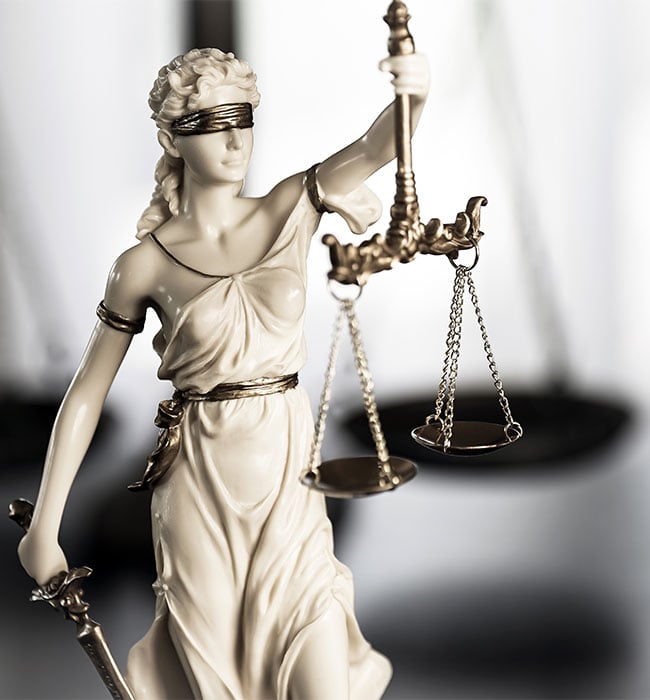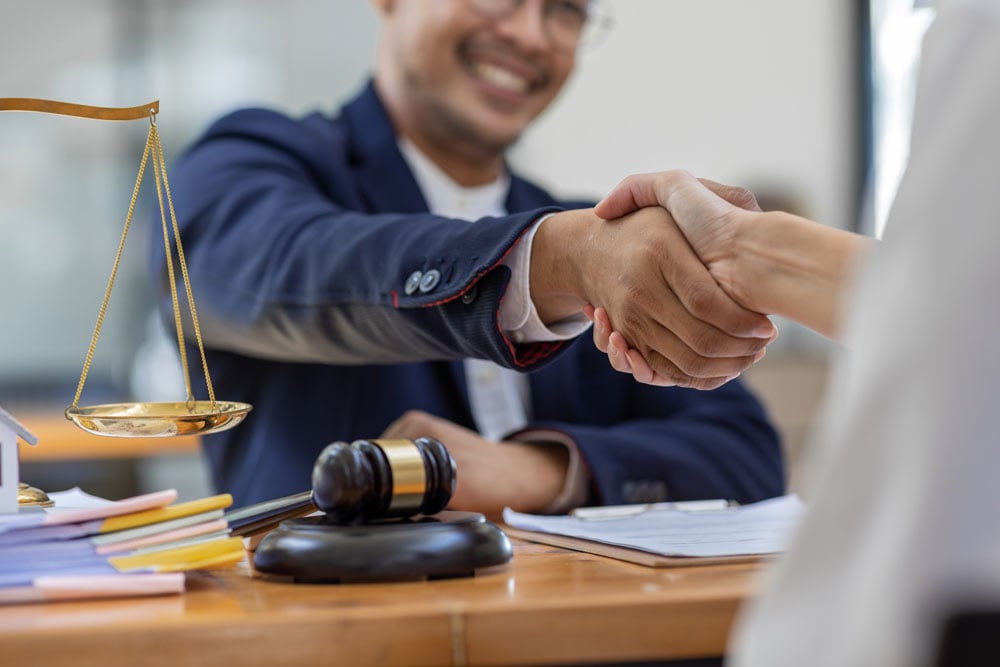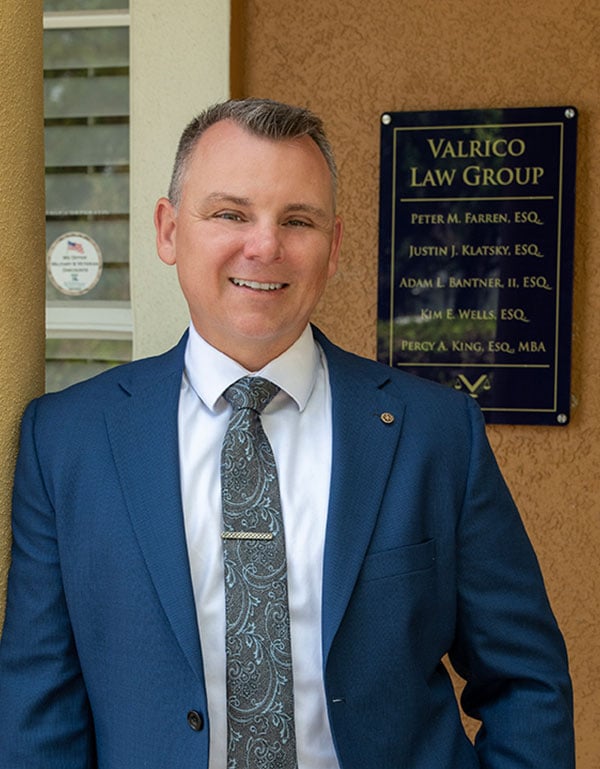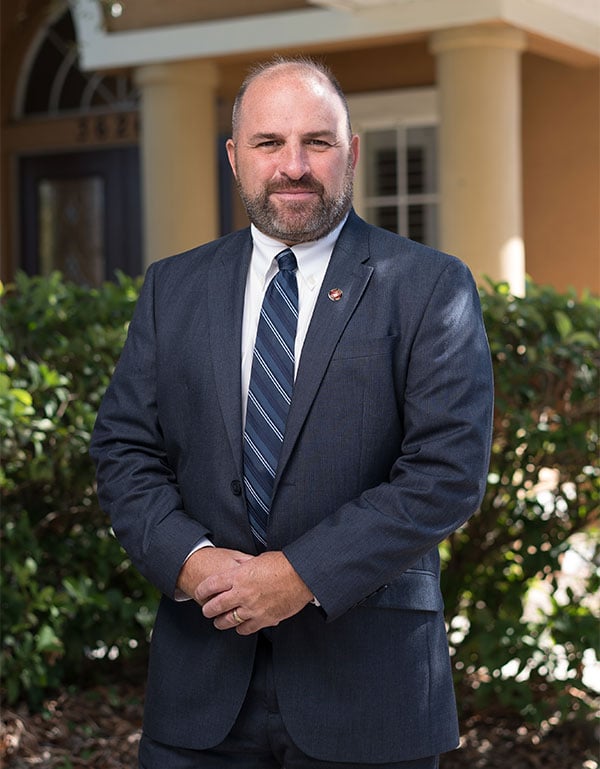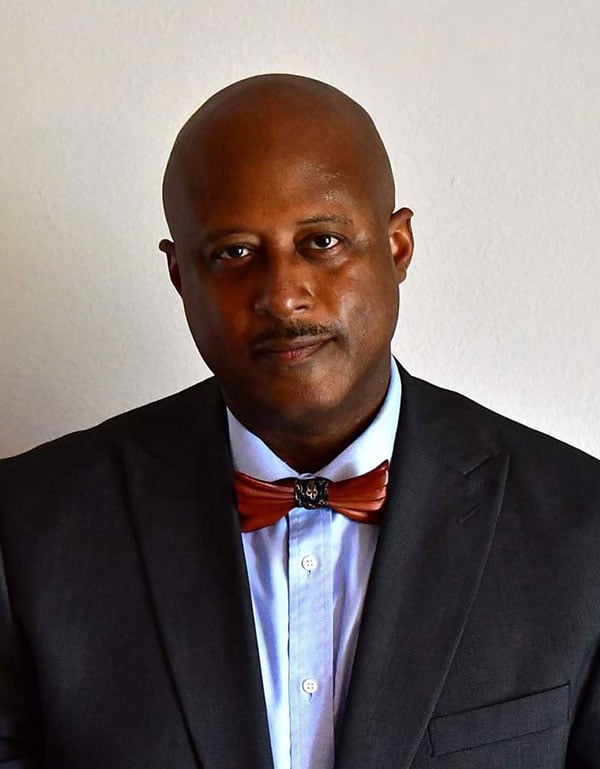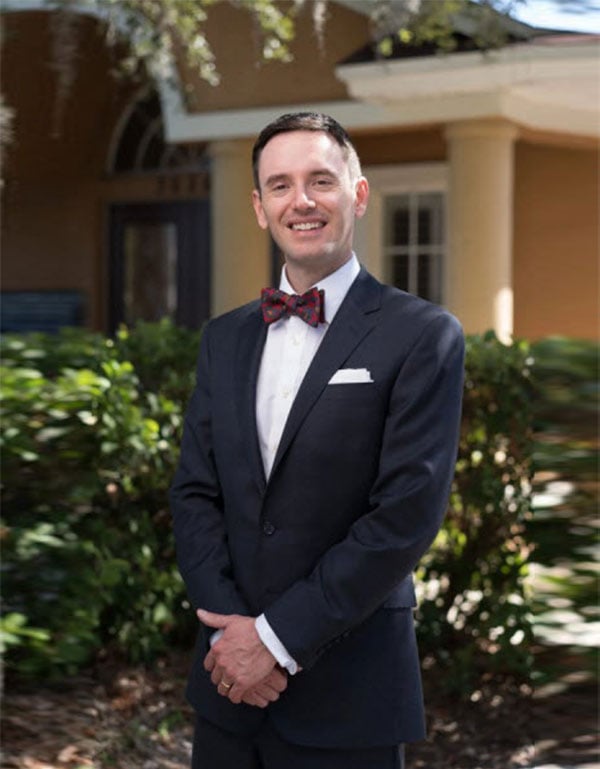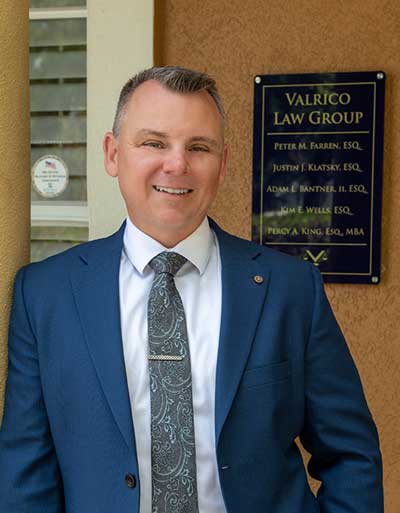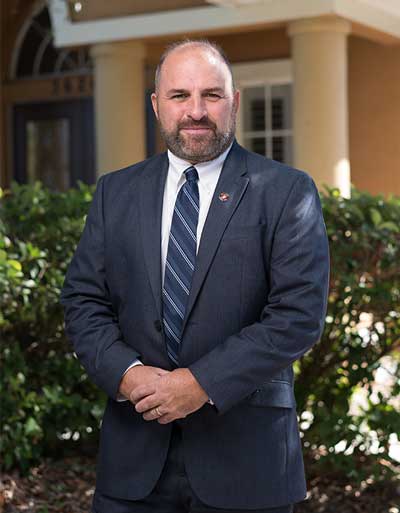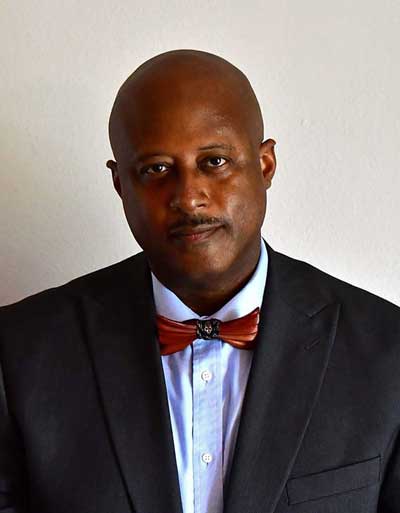The Personal Injury Knowledge You Need With The Tailored Strategies You Deserve
We understand how effective one-on-one communication with your attorney can be and the impact it has when it comes to assisting those who come to us for help.
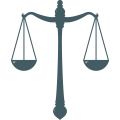
Big Firm Service With Small Firm Personal Attention
Legal issues are rarely a walk in the park. A situation requiring legal intervention or action, such as receiving an injury in an accident, can still be drawn out and have many difficulties you may not expect. It can be worse if you feel like your case is bogged down by jargon you do not understand and an attorney that seems unavailable when you need them most.
At Valrico Law Group, we do not want or expect you to compromise on quality and communication. Our team of attorneys is ready to help you resolve your issue from start to finish, never passing you off to multiple people but still giving you the strategies and solutions, you would expect from a large-scale law firm. Whether you are seeking compensation from a car accident or another catastrophic injury or need solutions to a family-related issue, our team is ready to prepare individualized solutions based on your unique circumstances.
We are proud to represent residents of Valrico and west-central Florida with a variety of legal matters.

We Are A Full-Service Firm
Our attorneys understand the law and have experience with many practices of it. We know how to fight for you in the event of an injury. We can help with state or federal criminal charges, are able to work with you when it comes to taxes or business roadblocks you are experiencing and are happy to assist you on other personal matters such as wills and estates. When you need a legal issue resolved, we hope to be of service for years to come.

What Our Clients Say About Valrico Law Group
Peter Farren and Tonya(paralegal) were professional and straight to the point. They handled my case with my interest first and Peter’s advice was spot on. I would highly recommend Mr. Farren and the team!

Start Working On Your Solutions Today
No matter your legal needs, we want to provide you with the service you deserve as we pursue a resolution. If you would like to discuss your issues or speak to an attorney about any possible options you have in a consultation, please call us today in our Valrico office by calling 813-433-0331 or by completing the following contact form.





